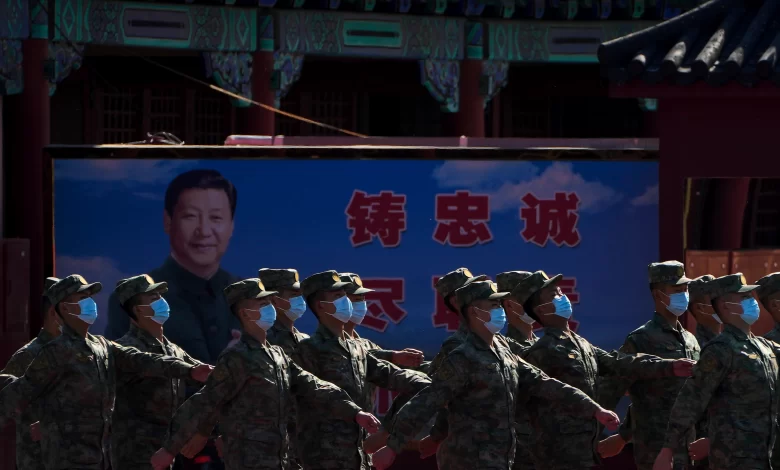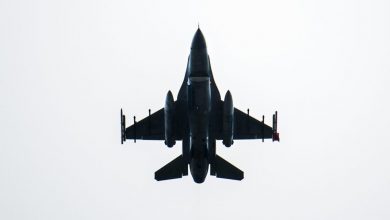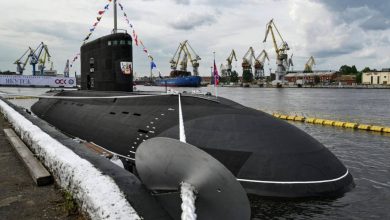China President Xi Jinping vows to build up armed forces into ‘Great Wall of Steel’ & advance Taiwan unification

In a speech during the annual “Two Sessions”, China’s President Xi Jinping stressed the need to “unswervingly advance the process of reunification” with Taiwan, as well as focus on national security, according to AFP and Nikkei Asia.
Xi, 69, was speaking at the closing ceremony of the National People’s Congress (NPC).
He was re-elected unanimously on Mar. 10 as the president of China, securing an unprecedented third term.
During the closing ceremony, he thanked some 3,000 delegates in the NPC for giving him a third term and promised to “take the needs of the country as my mission, and the interests of the people as my yardstick,” AFP reported.
Relationship with Taiwan
Xi touched on the Taiwan issue and emphasised the need for “national reunification”, calling it the “essence of national rejuvenation”, The Guardian reported.
He stressed the importance of opposing “pro-independence” forces and “secessionist activities of Taiwan independence”.
China views Taiwan as a part of its territory that must be “reunified” with the mainland, and Xi has not ruled out the use of force to achieve this.
In a press conference on March 7, China’s new foreign minister Qin Gang also remarked that it was the “inviolable duty” of China’s people to achieve the task of reunification and Taiwan was the “first red line that must not be crossed” in China-U.S. relations.
The Taiwan question has continued to be a sensitive issue in China-U.S. relations.
Due to its opposition towards official exchanges between Taiwan and the U.S, China had recently expressed concern about an upcoming meeting between Taiwan’s president Tsai Ing-wen and U.S. House Speaker Kevin McCarthy.
The meeting will reportedly take place in the U.S., not Taiwan, due to security concerns.
National Security
In his speech, Xi also highlighted the need to bolster China’s military, describing security as the “bedrock of development” and stability as “a prerequisite for prosperity,” according to AFP.
He called for the modernisation of the armed forces and defence capabilities, building a “Great Wall of Steel” to safeguard China’s interests.
It was previously announced that China would be increasing its defence spending by 7.2 per cent in 2023 to meet complex security challenges, higher than its increase of 7.1 per cent in 2022, and its 2023 GDP growth target of 5 per cent.
Xi’s inner circle
During the two-week long “Two Sessions”, Xi reshuffled the cabinet and stacked his inner circle with loyalists, The Guardian reported.
Li Qiang, the former party secretary of Shanghai and one of Xi’s most trusted allies, was appointed as China’s premier on Saturday (Mar. 11), replacing Li Keqiang.
In a press conference on Mar. 13, Li said, “China and the United States should cooperate, and must cooperate. When China and the US work together, there is much we can achieve…Encirclement and suppression are not advantageous for anyone.”
Yi Gang retained his position as the Governor of the People’s Bank of China while Liu Kun remained as the country’s Finance Minister in what was said to be a “surprise move”, according to Nikkei Asia.
Li Shangfu, a veteran in China’s military modernisation drive and sanctioned by the U.S, was appointed as China’s new defence minister.





